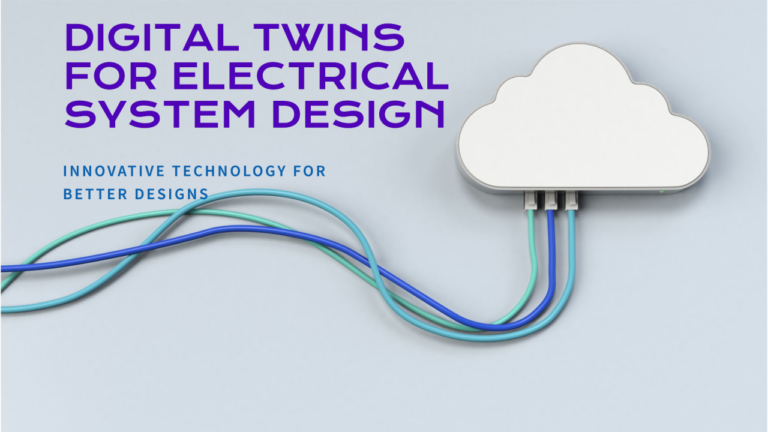Battery Management Systems
Understanding the Vital Role of BMS:
Battery Management Systems are the backbone of any battery-powered system, ensuring optimal performance, safety, and longevity of the batteries. They monitor various parameters such as voltage, current, temperature, and state of charge to safeguard the batteries from overcharging, over-discharging, and thermal runaway.
Download PDF: Advances in Battery Technologies for Electric Vehicles
Importance of Regular Maintenance:
Just like any other electrical component, BMS require regular maintenance to ensure they operate effectively throughout their lifespan. Here’s why:
- Preventive Checks: Conduct routine inspections to identify any signs of damage, corrosion, or loose connections. Addressing these issues early can prevent larger problems down the line.
- Calibration: Periodically calibrate the BMS to maintain accurate readings of battery parameters. This ensures that the system reacts appropriately to changing conditions and extends battery life.
- Software Updates: Stay updated with the latest firmware releases from the BMS manufacturer. These updates often include improvements in performance, safety features, and bug fixes.
- Cell Balancing: Monitor and balance individual cells within the battery pack to ensure uniform charging and discharging. This prevents capacity imbalances and maximizes overall battery performance.
- Temperature Management: Keep a close eye on temperature sensors and cooling systems to prevent overheating, which can degrade battery health and safety.
Download PDF: Build Your Own Electric Vehicle
Best Practices for BMS Maintenance:
- Documentation: Maintain detailed records of maintenance activities, including inspection reports, calibration logs, and firmware updates. This helps track the health of the system over time and aids troubleshooting efforts.
- Training: Ensure that maintenance personnel are adequately trained in BMS operation and troubleshooting techniques. This empowers them to identify and address issues effectively.
- Emergency Response Plan: Develop a comprehensive plan for responding to BMS-related emergencies, such as thermal runaway or battery faults. Prompt action can mitigate risks and minimize downtime.
Conclusion:
The proper maintenance of Battery Management Systems is crucial for the reliable operation and longevity of battery-powered systems. By implementing regular inspections, calibration, and software updates, you can ensure that your BMS continues to perform optimally, keeping your electrical systems running smoothly.






